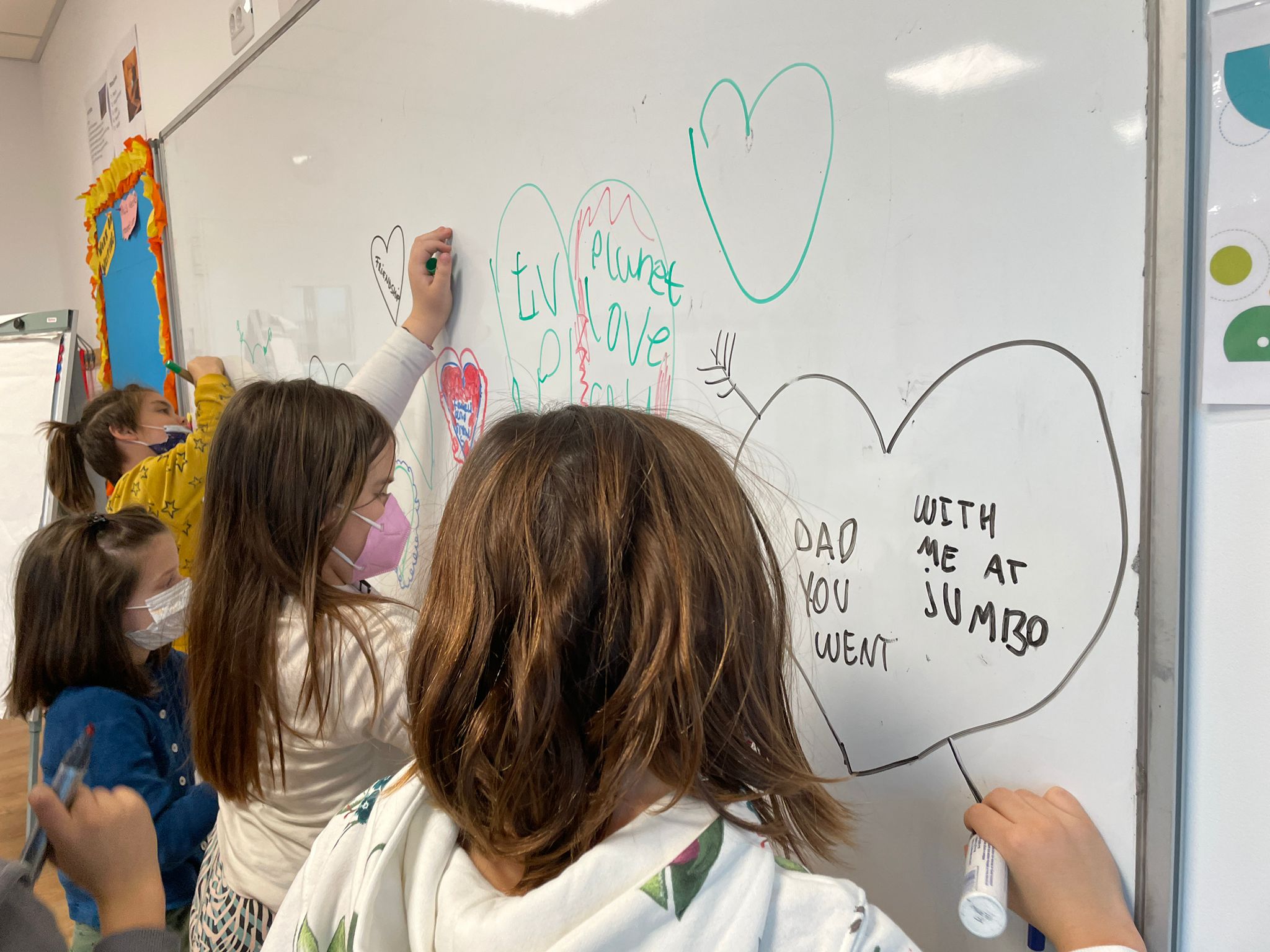
Why is it important to train our creativity?
Cultivating creativity has been and still remains one of the most interesting challenges that any education system intersects with. Creativity requires thinking "out of the box", an almost unimaginable combination of fun, novelty and discipline.
We know about creativity that it is not a linear process. We know that it was and remains a current topic in specialized literature, that there are myths that we created around this topic and that we later dismantled. We also know about creativity that it is essential for children's development. Here's why: creative activities can influence children's development by supporting their social, emotional, physical and cognitive needs.
Education experts say the benefits of creative activities on children's development include improving fine motor skills, neural development, problem solving and concentration skills. Psychologists point out that creative activities can help children express, process and understand their emotions, develop confidence in their own ideas, be more vocal and open to new things.
Creativity-healthy habit for everyday life
- Creative activities help children's intellectual and cognitive development
When children are creative, they activate and train skills such as problem solving, imagination, concentration and critical thinking. By exploring different materials and tools, discovering new concepts and techniques, children can develop and apply their ideas in countless ways. Children practice these skills and later transfer them to other areas of their lives.
- Creative activities help children manage their emotions
Correctly identifying, expressing and managing emotions is challenging for children. It is possible that they experience new feelings and do not know how to respond to these feelings. By means of painting, writing, music or theater, children manage to unload, discover new things about themselves and have control over their emotional reactions.
- Creative activities positively influence social skills
Understanding that each person is different marks an important learning stage for children. Creative activities are an opportunity to show little ones that others can do different things, even with the same resources.
Doing a creative activity is also a great way to help build friendships and strengthen social bonds between children, between children and parents, between children and teachers.
Activities that include singing, dancing, acting, drawing, making models, are all great ways to help form friendships.
- Through creative activities we train our patience
Once the creative activity is completed, children will have a huge sense of achievement and will learn that hard work and dedication are very well rewarded. Things done well take time, and while it may be tempting for children to rush the process or give up when things don't go as planned, over time, children's patience level will increase.
- Concentration becomes a child's best friend
Creativity opens the appetite for new experiences and activities, trains children's patience and perseverance and helps them develop their own ideas. For all this, children need concentration. Focus is a skill that is not learned overnight; develops along the way. For some children, in the beginning, it can be a real challenge to stay engaged in creative activities for a long time. Through practice and with an end goal in mind, budding little artists will focus on their vision. Practicing concentration and focus will benefit them in all areas of life and in a wide range of subjects.
Letting children play and express themselves is important for their development, not only physically and emotionally, but also socially and intellectually. Creativity helps children understand themselves, being a valuable form of self-expression, understanding their thoughts, feelings and expressing themselves.
Below, one of the most famous TED talks, a talk about creativity and why it is essential for children's development. Sir Ken Robinson, an expert in creative education, argues that every child has an exceptional creative capacity. What happens is that, unfortunately, most of the time, we do not sufficiently support this creative potential of children and, as a consequence, it diminishes considerably or disappears. It is essential to give children as many opportunities as possible to express their creativity and to help them understand that they need this competence in all aspects of their lives.
*Article written by Veronica Dunga, KEN Academy trainer.
Tag:creativity, ken academy
